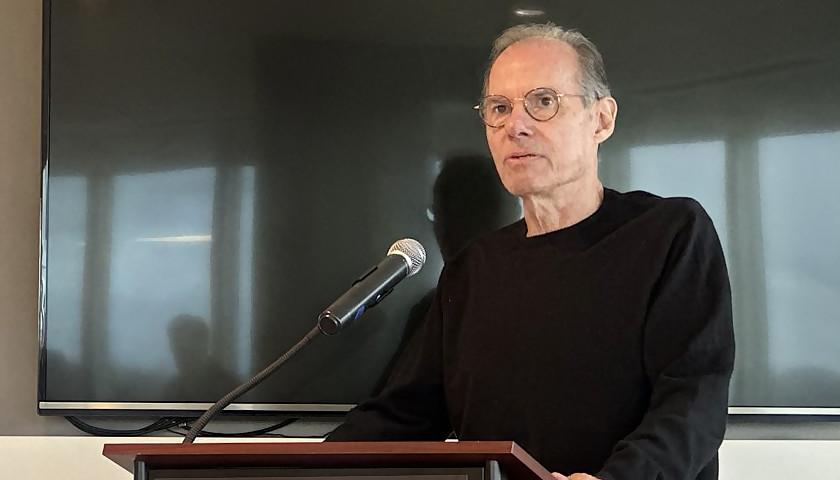Members of U.S. President Joe Biden’s Justice Department will investigate how Georgia’s state government confines its prisoners, particularly those who are gay or transgender.
This, according to a press release that the U.S. Attorney’s Office for the Middle District of Tennessee published this week.
“The investigation will examine whether Georgia provides prisoners reasonable protection from physical harm at the hands of other prisoners,” the press release said.
“The Department also will continue its existing investigation into whether Georgia provides lesbian, gay, bisexual, transgender and intersex (LGBTI) prisoners reasonable protection from physical and sexual harm by other prisoners and by staff.”
The press release made no specific allegations against Georgia prison officials.
The U.S. Attorney’s Office for the Middle District of Georgia encompasses 70 of Georgia’s 159 counties and covers more than 25,000 square miles. The Middle District of Georgia is home to 15 close-and medium-security Georgia Department of Corrections (GDOC) prisons:
• Autry State Prison
• Baldwin State Prison
• Calhoun State Prison
• Central State Prison
• Dooly State Prison
• Georgia Diagnostic and Classification State Prison
• Hancock State Prison
• Lee State Prison
• Macon State Prison
• Pulaski State Prison
• Riverbend Correctional and Rehabilitation Facility (The GEO Group)
• Rutledge State Prison
• Valdosta State Prison and Valdosta Annex
• Whitworth Women’s Facility
• Wilcox State Prison.
Earlier this month, Georgia Secretary of State Brad Raffensperger filed a Freedom of Information Act request (FOIA) with the U.S. Department of Justice to release any records of contact with Stacey Abrams. Raffensperger said he also wants records of contact with Abrams’ Fair Fight Action and 60 other liberal activist organizations.
Officials with the U.S. Department of Justice recently filed a lawsuit against Georgia’s election laws.
U.S. Justice Department officials announced on their website in June that they filed a lawsuit against the state of Georgia, the Georgia secretary of state, and the Georgia State Election Board over SB 202, which Governor Brian Kemp signed into law in March. The United States’ complaint challenges provisions of SB 202 under Section 2 of the Voting Rights Act.
Writers for The Wall Street Journal (WSJ) as well The Federalist have published pieces that told U.S. Attorney General Merrick Garland that his case against Georgia’s voter integrity law is destined to fail.
The writers also told Garland that he’s better off abandoning the case.
– – –
Chris Butler is an investigative journalist at The Tennessee Star. Follow Chris on Facebook. Email tips to [email protected].








